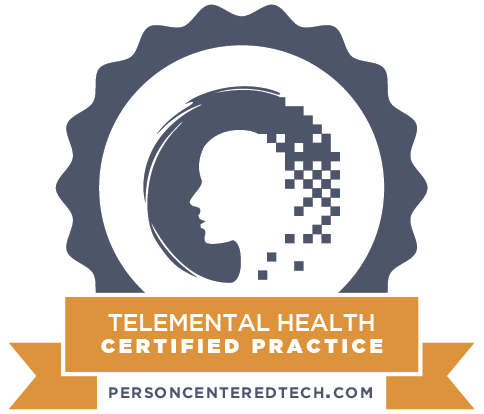Intimacy is knowing and being known in a manner that creates connection and safety. I sit with many couples who want intimacy, to feel that connection, to know the friendship and passion of intimacy. However, few want to truly explore what it takes to build it. They express a desire to be known, but do not want to do the work of knowing themselves. We can only share with another to the extent of what we know about ourselves. Intimacy begins as a personal work—Know Thyself—which then gives rise to a relational work.
Although there are many ways of understanding personal intimacy, three are at it’s core: honesty, compassion, and boundaries. The first aspect of intimacy is honesty. I must be honest with myself about who I am and all of its complexity. Answering a few questions can start this process: What am I feeling at any given moment? What do I think or believe? What do I want or need? What do I like or dislike? What do I value? The key is in owning your story—what makes you tick? Telling your story is a start. Find a safe friend, therapist, 12-step group where you can put your story out to others—the good, the bad, and the ugly. When we begin to tell our story, and own it with safe people, we get clearer about who we are, begin to affirm ourselves, let go of shame, and can hold it up against who we want to be.
Compassion is another aspect of intimacy. I have heard it said, in one form or another, honesty without compassion is cruelty. As you own your story, do so with eyes of compassion. Show empathy towards yourself. See the wounded part of yourself and be gentle. Do something kind for yourself everyday. Breathe.
Finally, establish boundaries. Boundaries are not a way to control or punish others. Boundaries are rooted in self-care. Boundaries therefore begin with you. By getting clear about who you are with honesty, you can begin to see what you need to do to take care of yourself, how you harm yourself, and how you can harm others. Therefore, boundaries identify what I need to do and what I need to prevent myself from doing. Boundaries can look like getting to bed at a reasonable hour, eating healthy, or having fun family or friends on a regular basis. Also, boundaries can help us address issues that are destructive such as rage, isolation, or addiction, by keeping yourself out of vulnerable situations, learning emotional regulation, establishing accountability, and making amends. When we have healthy boundaries with ourselves, we are better able to have healthy boundaries with others.
By working on intimacy with yourself through honesty, compassion, and boundaries, you create an understanding which allows for greater intimacy with others. It is a life long journey with always more to discover. Take time to know yourself. You deserve it.

 (480) 947-5739
(480) 947-5739 info@pcsintensive.com
info@pcsintensive.com









